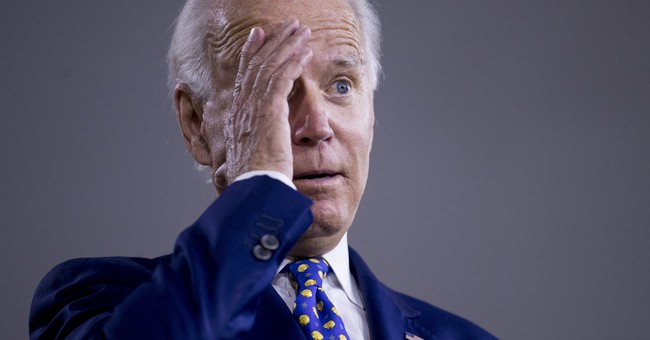
For years, school choice has been gaining popularity among a broad swath of the population. On June 16, President Trump echoed this sentiment when he said, “We’re fighting for school choice, which really is the civil rights of all time in this country … Frankly, school choice is the civil rights statement of the year, of the decade, and probably beyond, because all children have to have access to quality education.” While Trump believes that a “child’s zip code in America should never determine their future,” Joe Biden does.
According to the recently released “Biden-Sanders Unity Task Force Recommendations,” Biden believes “that it is the government’s responsibility to ensure that every child, everywhere, is able to receive a world-class education that enables them to lead meaningful lives.”
In other words, Biden believes that government bureaucrats, not parents, should be in charge of making educational choices for “every child, everywhere.”
To accomplish his goal, Biden plans to expand the federal government’s power over education, while diminishing the ability of parents (especially low-income families) to choose the education that best fits the unique needs and circumstances of their children.
Here are a few examples of Biden’s war on school choice:
- “Ban for-profit charter schools”
- “Appoint a federal task force/committee to study the effects of charter schools on public education and make recommendations”
- “Require charter schools … to abide by the laws and regulations applicable to traditional public schools”
- “Require that federal funding for charter schools in any district be conditioned on a district’s review of the financial and academic impact of a new charter school or a charter school that wants to expand”
- “Whatever support charter schools get should be matched with an investment in community schools with wraparound services”
- “Discontinue funding of the Scholarships for Opportunity and Results (SOAR) Act. This voucher program authorizes the diversion of $20 million annually to private schools in the District of Columbia”
- “Oppose any and all voucher and neo-voucher programs such as Education Savings Accounts and Tax-credit Scholarship programs”
As the 2020-21 school year approaches, the issue of school choice could be coming to a head.
Currently, about 90 percent of U.S. students attend public schools. In a few weeks, millions of American children will be put between a rock and a hard place because a significant number of public school districts have already announced they will not reopen for in-class learning this fall.
This means millions of American families will be in flux and millions of students will not receive precious time in the classroom. As a former public high school teacher, I can attest that for most students in-person education outperforms online learning.
Meanwhile, most private and charter schools, which are untethered to the demands of teachers unions and the whims of political agendas, are preparing to reopen with a variety of options, including in-person learning.
Data show that private and charter schools also do a better job of educating students than public schools. For instance, “Eighty five percent of 2015 graduates of religious and independent schools who took the ACT met or exceeded the test’s college readiness benchmark score in English, compared to 61 percent of graduates from public schools. The share of students who met or surpassed the benchmark scores in other subjects was also higher in private schools (reading – 66 percent vs. 44 percent; math – 60 vs. 40; science – 55 vs. 36),” according to the Council for American Private Education.
Even more significantly, all students (public and private) benefit from increased competition in the education sector, which is exactly what school choice is all about. According to a 2010 Harvard University study, “Our results suggest that students in public schools profit nearly as much from increased private school competition as do a nation’s students as a whole … Competition from private schools improves student achievement, and appears to do so for public school as well as private school students. And it produces these benefits while decreasing the total resources devoted to education, as measured by cumulative educational spending per pupil.”
School choice is overwhelmingly popular among American parents and is a win-win for all American students, even those who attend public schools.
On the other hand, Joe Biden’s war on school choice is not popular with American parents and is not beneficial to students. However, it is very popular with teachers unions and special interest groups, which have given Biden large campaign contributions over his decades-long political career.
The time has come to break the government’s public-school monopoly. Although Joe Biden claims school choice is the enemy of the people, the opposite is true. School choice is a popular reform that is a common-sense solution to the problem of poor-performing, unaccountable public schools.
Chris Talgo ([email protected]) is an editor at The Heartland Institute.
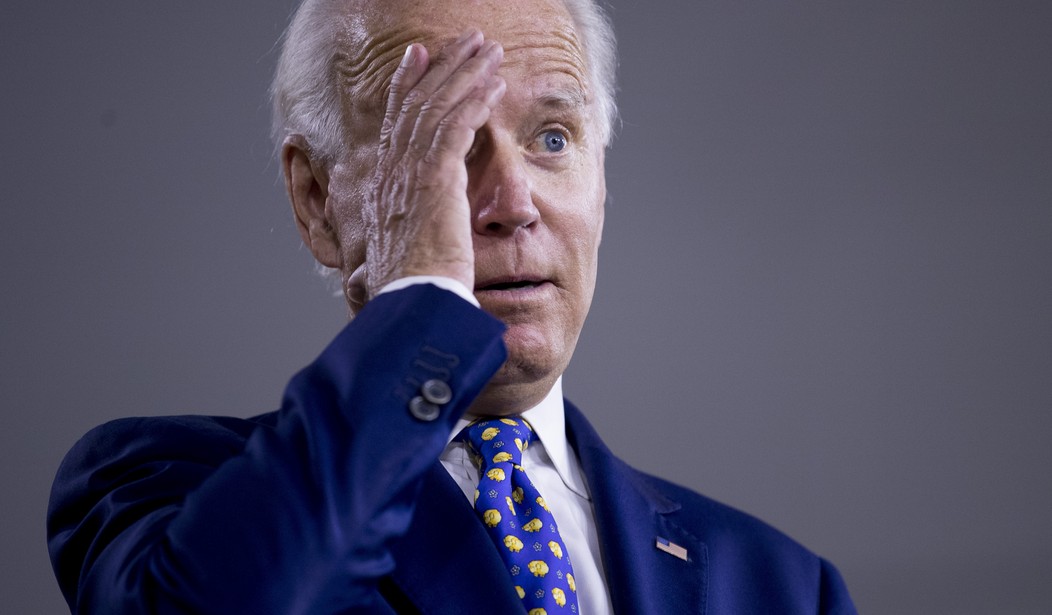

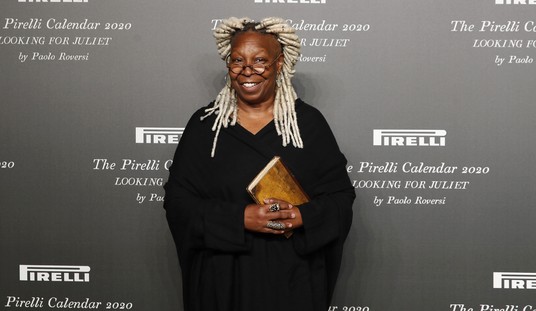


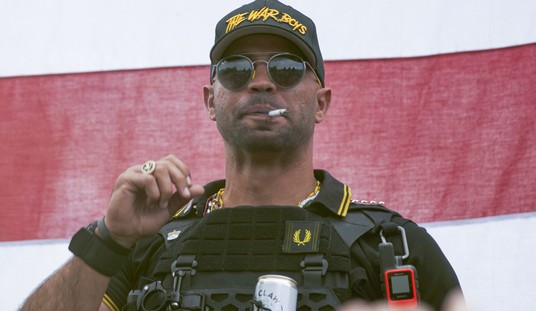
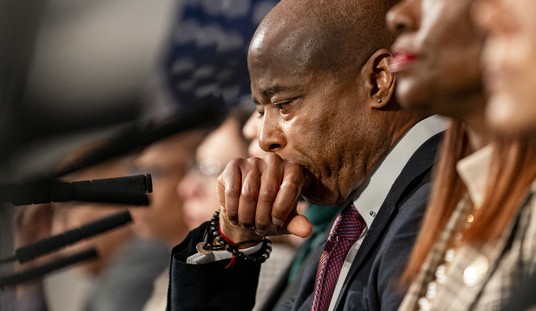




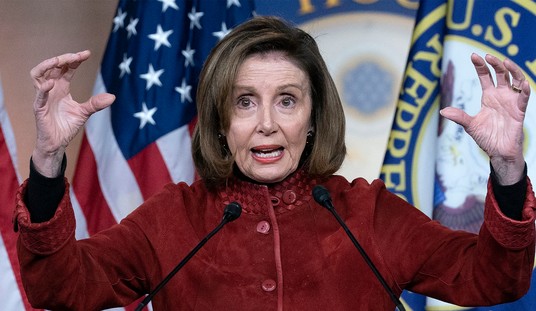
Join the conversation as a VIP Member